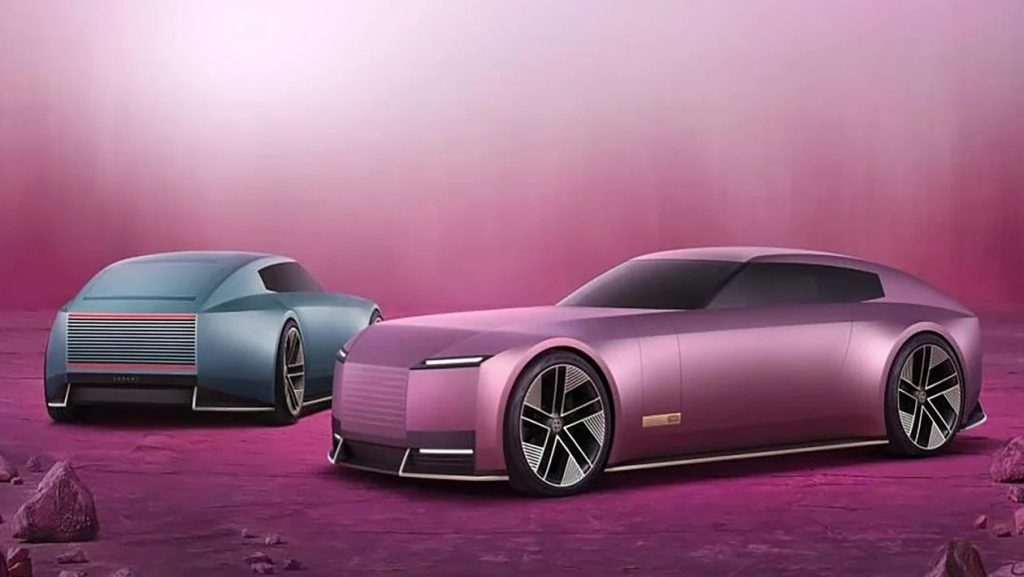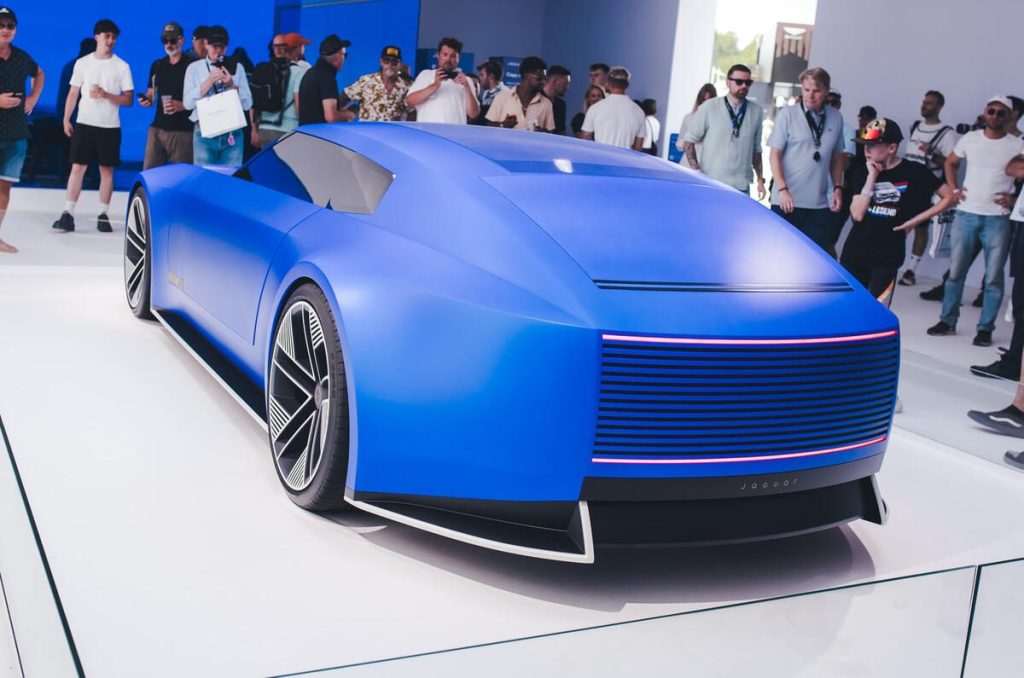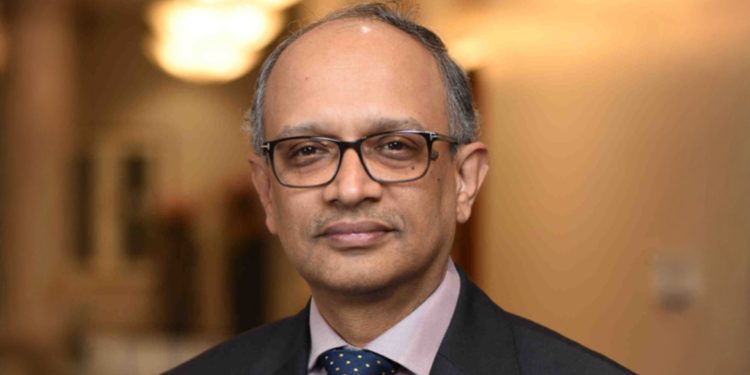Tata finance chief is JLR’s new CEO
Words NZ Autocar | Images Tata, JLR
PB Balaji, the chief financial officer of parent company Tata Motors, will take over the reins of Jaguar Land Rover in November.

Balaji, who has been closely involved in the transformation of JLR, replaces Adrian Mardell who had been with the company for 35 years. The top job was his since 2023.
Evidently, JLR’s search for a replacement had been ongoing for several months.
Autocar UK reports that Balaji is “a well-regarded global leader with 32 years of experience in the automotive and consumer industries across finance and supply chain functions”.
He has had wide experience globally in Tata’s various operations. Balaji was already on the board at JLR, as well as Tata Motors Passenger Vehicles and Tata Passenger Electric Mobility. He is also involved with Agratas, the company that is building a battery factory in Somerset to supply JLR EVs.

Tata’s chairman, Natarajan Chandrasekaran said: “This move will ensure that we continue to accelerate our journey to reimagine JLR.”
Balaji replied: “It is my privilege to lead this incredible company. Over the past eight years, I have grown to know and love this company and its redoubtable global brands. I look forward to working with the team to take it to even greater heights.
“I thank Adrian for his immense contributions and wish him well for his next innings.”
Mardell replaced Thierry Bolloré in 2023, and has led the Jaguar and Land Rover brands through a transformative period.
He turned around the company finances, JLR recently posted its best profit figures in a decade.

Arguably the most significant moment of Mardell’s tenure was the unveiling of the Jaguar Type 00 concept. This marked the beginning of Jaguar’s transformation to being a purveyor of high-end, high-performance EVs that will do battle with Porsche and Bentley.
The first of these models, a four-door super-GT, is now in the final stages of testing ahead of a production-spec unveiling at the end of the year. It will launch next year, the first model from a renewed Jaguar.

The rejuvenated company still faces trying times. Chief amongst its struggles is the imposition of new tariffs on foreign-built cars in the vital US market. At one point the tariff was 25 per cent but it was renegotiated to 10 per cent. However, that only applies to the first 100,000 cars shipped to the US in a year. Thereafter the tariff returns to 25 per cent.
Defender and Discovery are both built in Slovakia so attract a 15 per cent tariff.
There is also the issue of waning global demand for premium EVs.
In the wake of the Range Rover Electric being delayed, it is possible the same will apply for upcoming Jaguar models.





